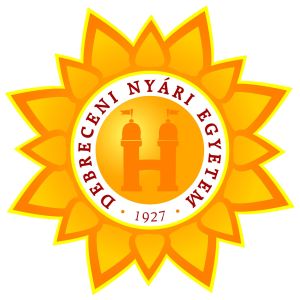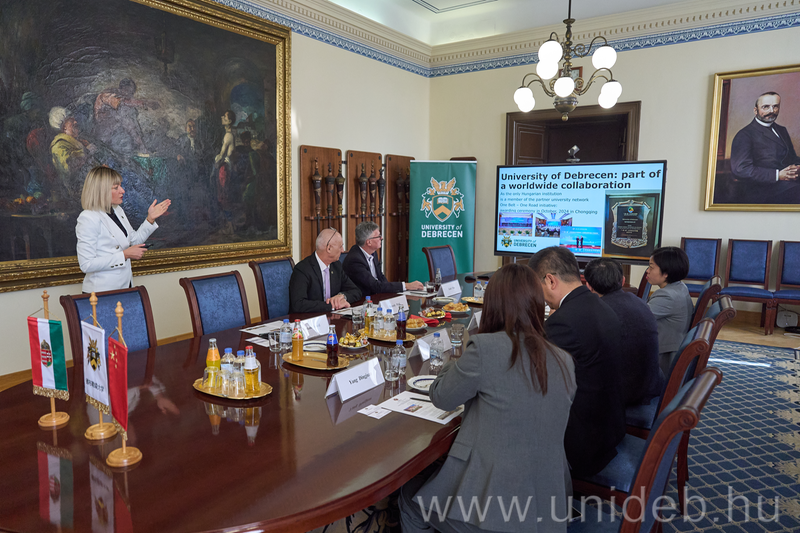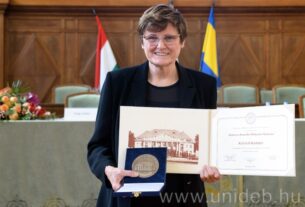A delegation from Nanjing University of Aeronautics and Astronautics (NUAA) visited the University of Debrecen to discuss educational and mobility cooperation. NUAA, one of China’s leading universities, which also develops unmanned aerial vehicles, is planning to launch dual-degree programs.
The University of Debrecen and NUAA, which is among China’s 100 key universities, signed a cooperation agreement in 2024. To discuss the details of this partnership, NUAA representatives, led by Vice President Shi Daning, recently visited Debrecen University. They were received by Vice Rector General Károly Pető, Coordination and Strategy Director Okszána Kiszil, and Zsolt Tiba, Foreign Affairs Representative of the Faculty of Engineering.
NUAA ranks in the top 1% of Chinese higher education institutions and operates 23 institutes in fields such as aerospace, energy engineering, and mechanical engineering. It also runs 200 research centers and laboratories, including those focused on UAV and helicopter technology. Since its founding in 1952, NUAA researchers, educators, and students have developed more than 40 UAVs for China and contributed to the “Kun Dragon,” the world’s largest amphibious aircraft, which successfully completed its first test flight in 2017. The university holds the prestigious “Double First Class” designation, a distinction shared by only 147 of China’s 3,000 higher education institutions.
“Our educational portfolio includes 67 bachelor’s, 48 master’s, and 21 doctoral programs. Currently, we have nearly 40,000 students, but the number of international students is relatively low. Expanding our international presence is a key mission for this year,” said Liu Changjiang, Dean of International Education.
Vice President Shi Daning emphasized the importance of student and faculty mobility at the undergraduate, master’s, and doctoral levels, along with the introduction of dual-degree programs.
“The University of Debrecen is open to broadening student and researcher mobility opportunities and developing dual-degree programs. We already have successful examples in the Faculty of Economics and Business, as well as the Faculty of Agricultural, Food, and Environmental Sciences,” noted Vice Rector Károly Pető.
The meeting concluded with an agreement to outline the next steps in collaboration, with NUAA representatives working closely with the Faculty of Engineering on technical education program development.
(unideb.hu)


















